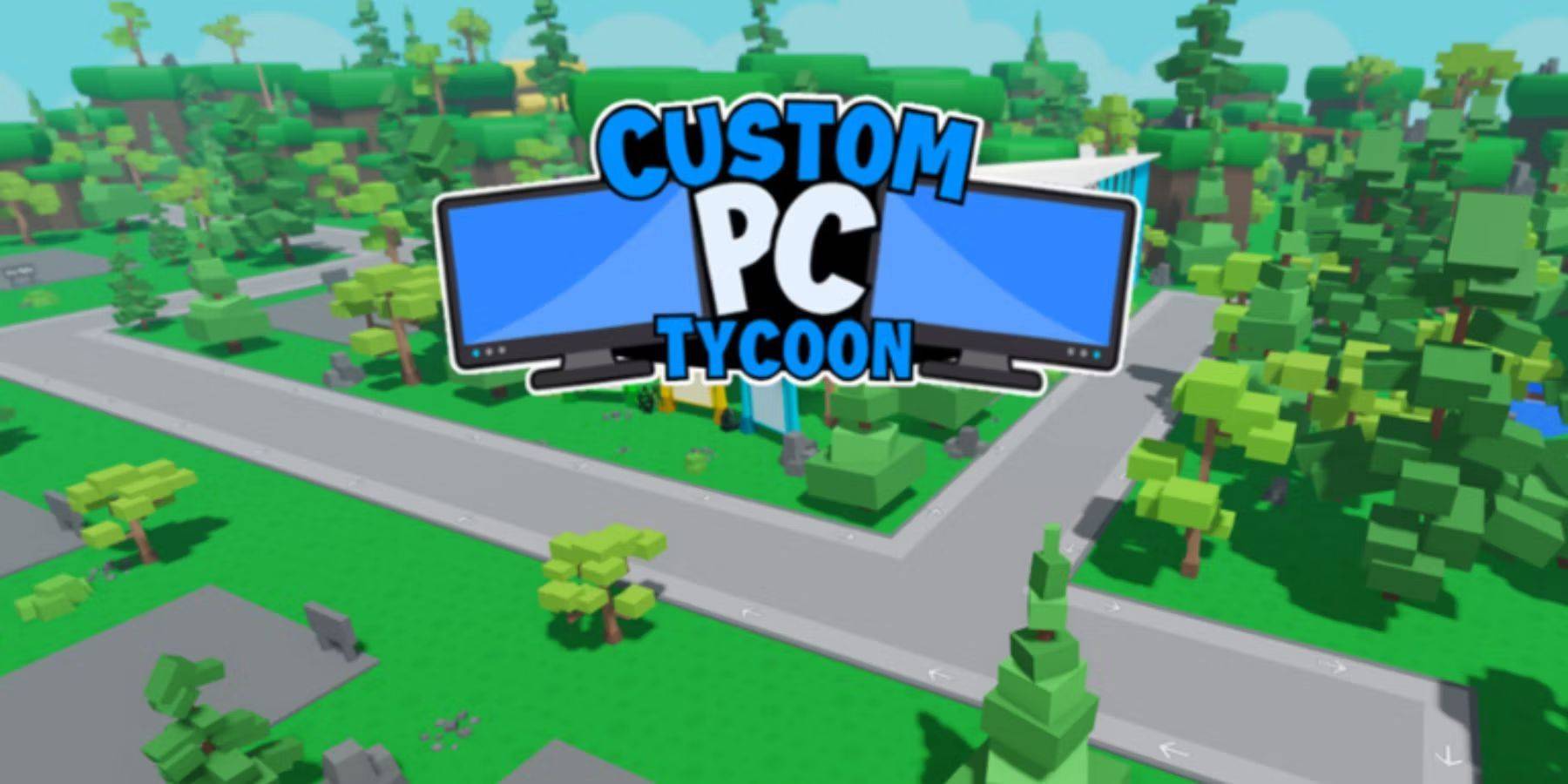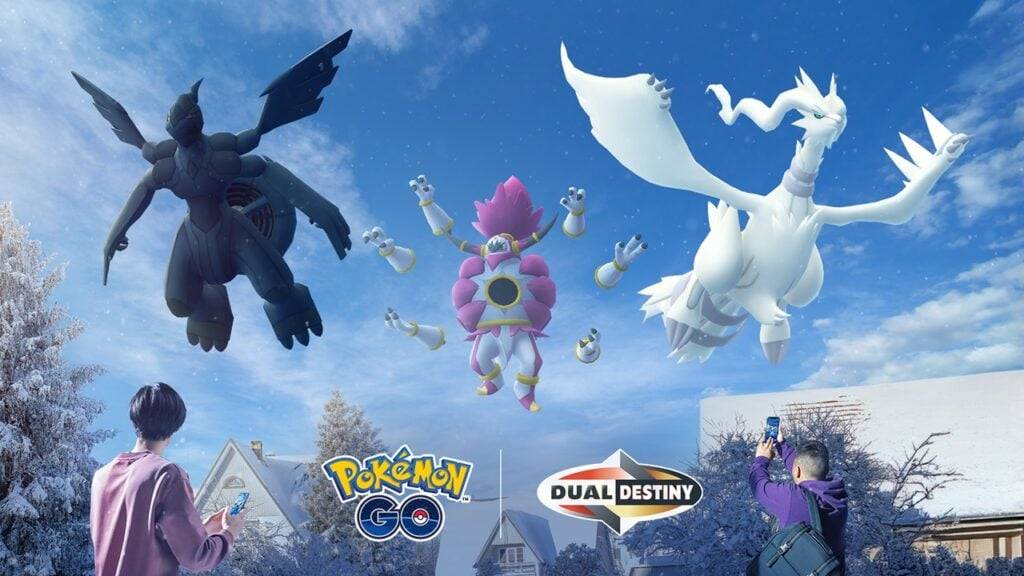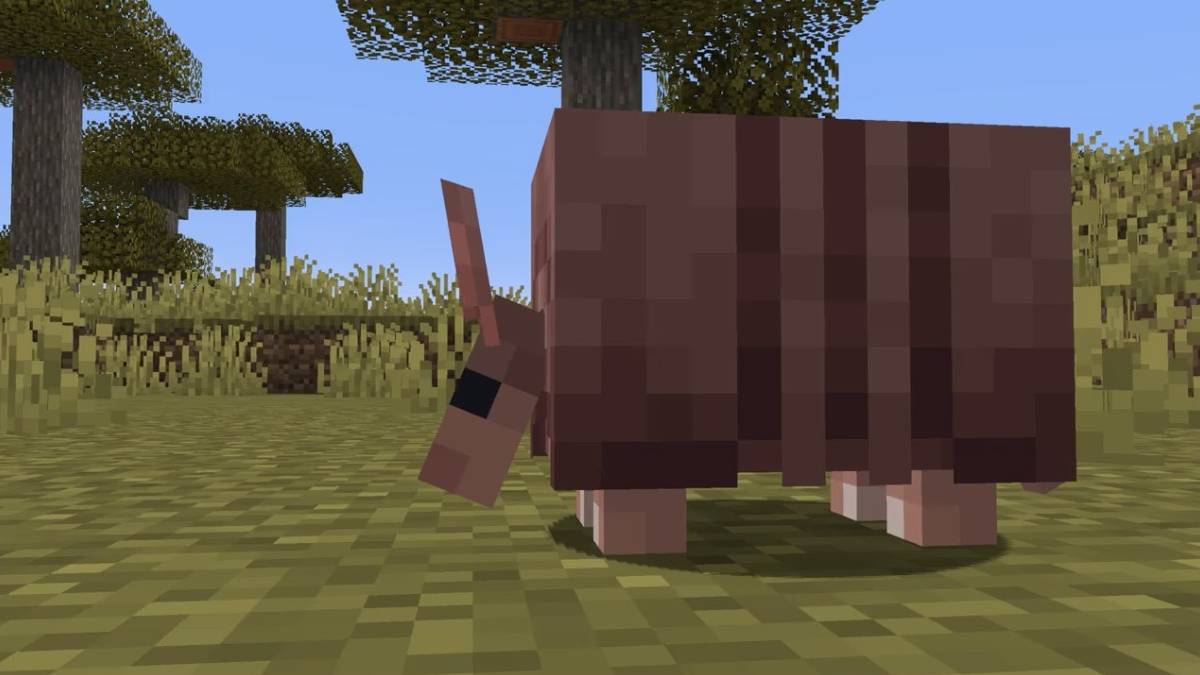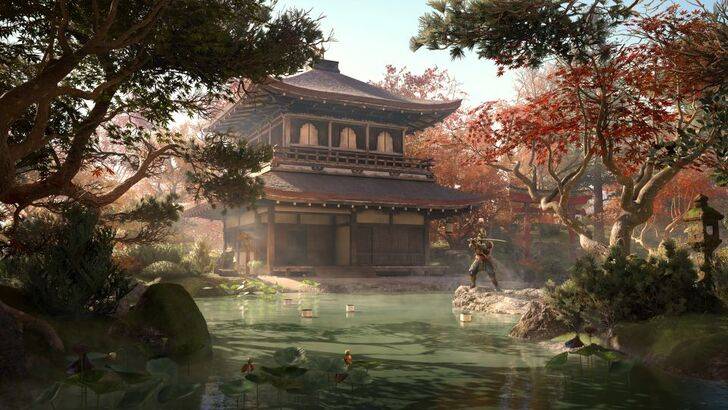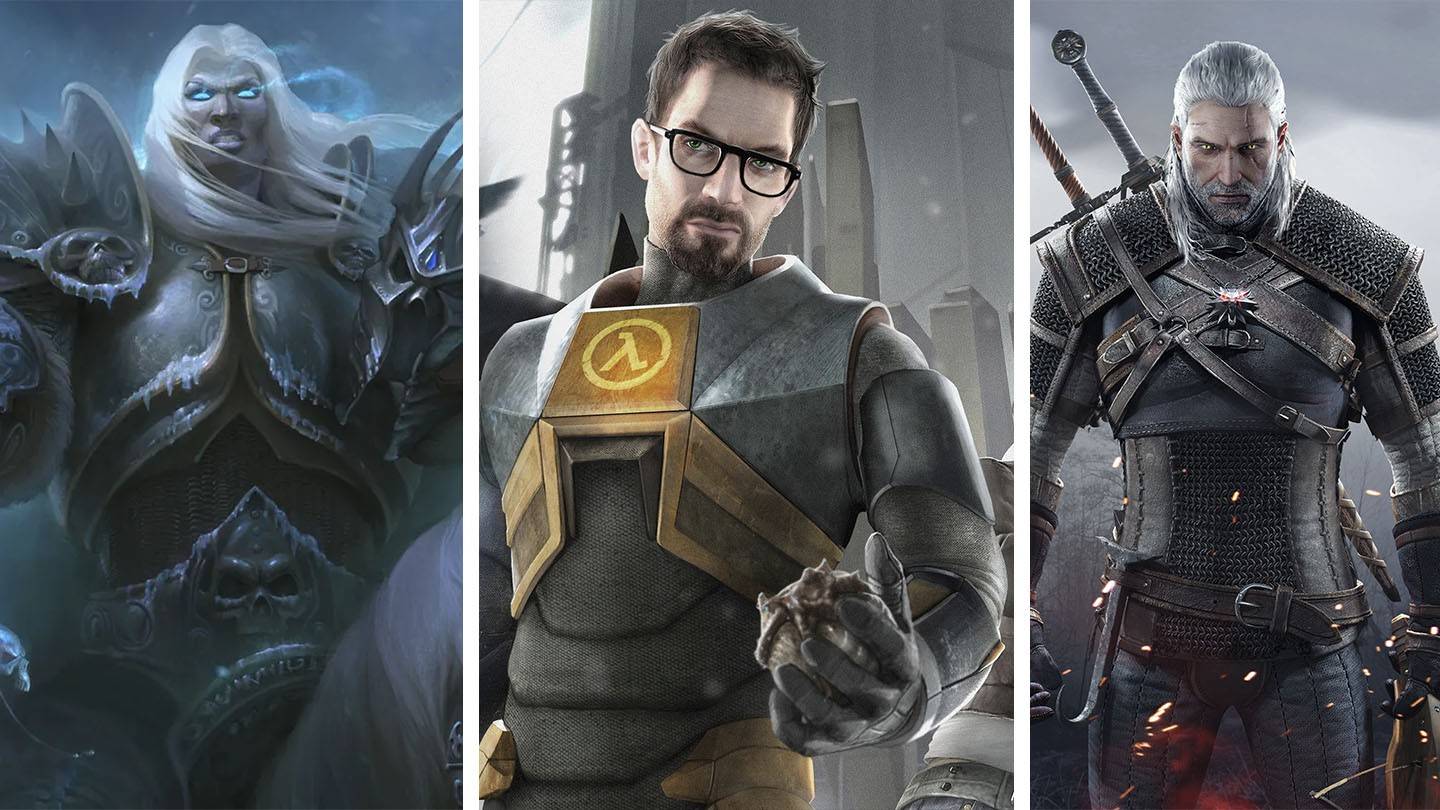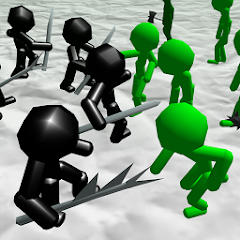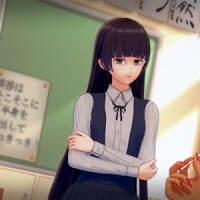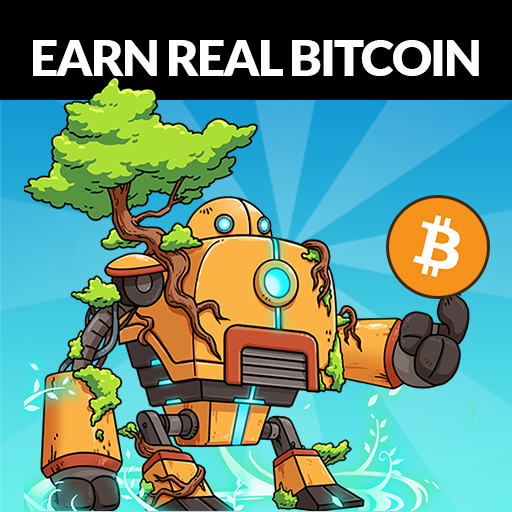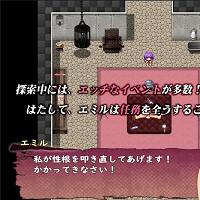The Pokémon Company's Legal Victory: $15 Million Awarded in Copyright Infringement Case
The Pokémon Company has successfully defended its intellectual property, winning a significant legal battle against Chinese companies accused of blatantly copying Pokémon characters and gameplay. The Shenzhen Intermediate People’s Court awarded the company $15 million in damages, a substantial portion of the initially requested $72.5 million.
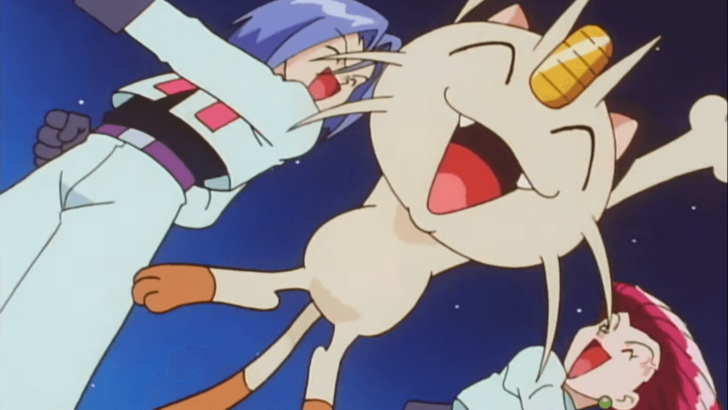
The lawsuit, filed in December 2021, targeted the developers of "Pokémon Monster Reissue," a mobile RPG launched in 2015. The game featured strikingly similar characters, creatures, and gameplay mechanics to the Pokémon franchise. The court found this to be beyond mere inspiration and constituted blatant plagiarism. Evidence included the use of Pikachu artwork from Pokémon Yellow on the app icon and promotional materials featuring Ash Ketchum and other recognizable Pokémon without alteration.
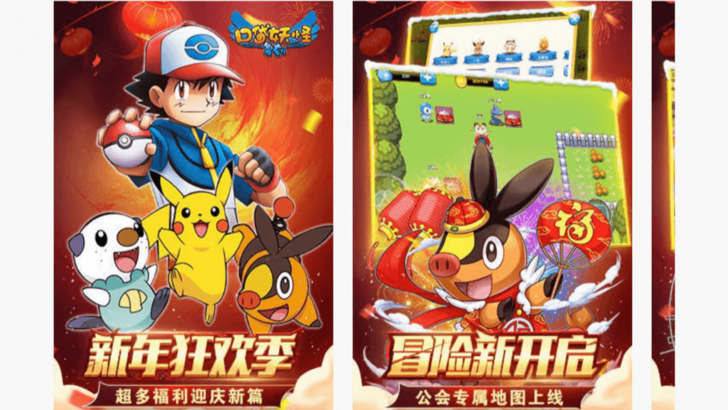
The case gained public attention in September 2022. Beyond monetary compensation, the initial lawsuit sought a public apology and cessation of the infringing game's development, distribution, and promotion. While the final judgment didn't reach the initial demand, the $15 million award serves as a strong deterrent against future copyright infringement. Three of the six companies involved have reportedly filed appeals.
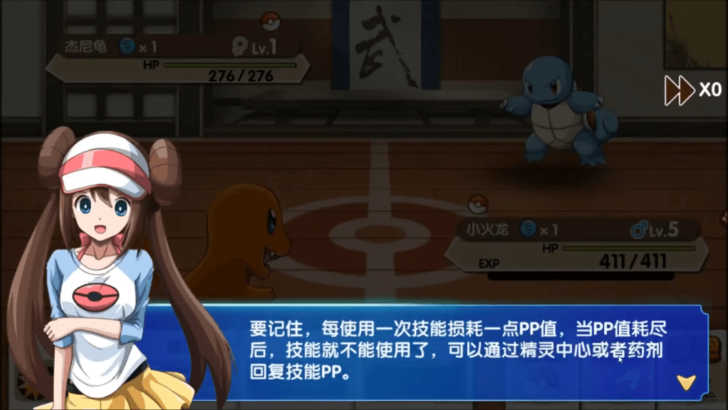
The Pokémon Company's commitment to protecting its intellectual property was reiterated, assuring fans of continued efforts to ensure global enjoyment of Pokémon content. This stance, however, has drawn past criticism regarding the takedown of fan projects.
A Balanced Approach to Fan Projects
Former Chief Legal Officer Don McGowan clarified the company's approach to fan projects in a March interview. He stated that The Pokémon Company doesn't proactively seek out fan creations but intervenes when projects gain significant traction, such as through crowdfunding. He emphasized a preference for avoiding legal action against fans, only taking action when projects cross a line from homage to infringement.
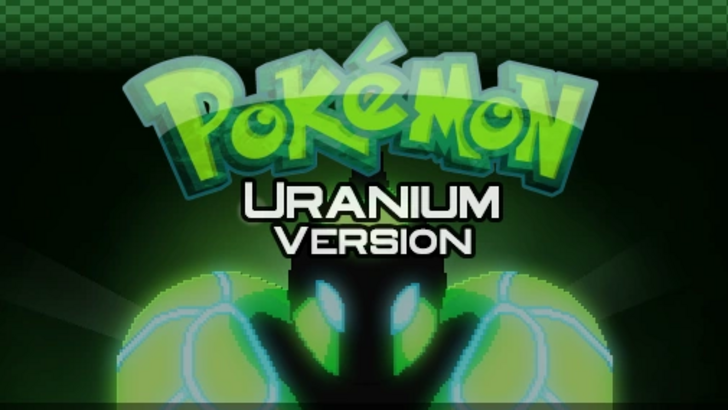
McGowan highlighted that the company typically learns of fan projects through media or personal discovery, advising that publicity can inadvertently bring projects to their attention. Despite this approach, takedown notices have been issued for projects with limited reach, including fan-made tools, games, and videos.
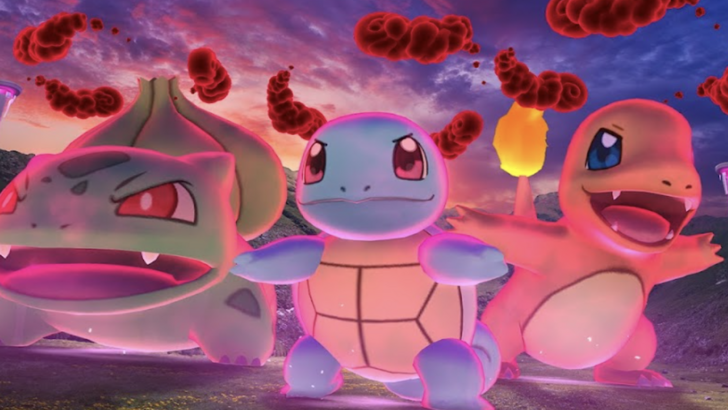

 Latest Downloads
Latest Downloads
 Downlaod
Downlaod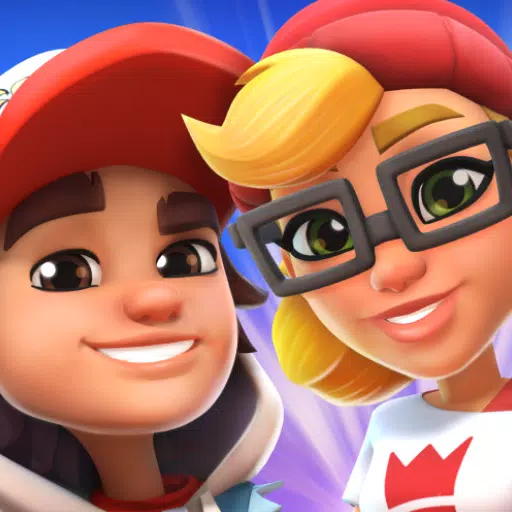

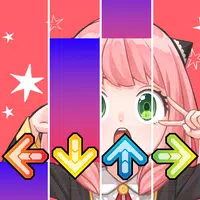
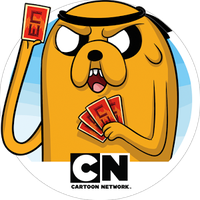

 Top News
Top News